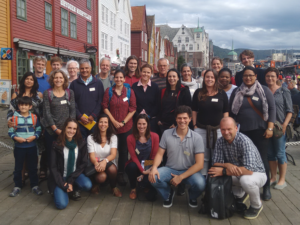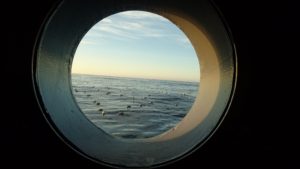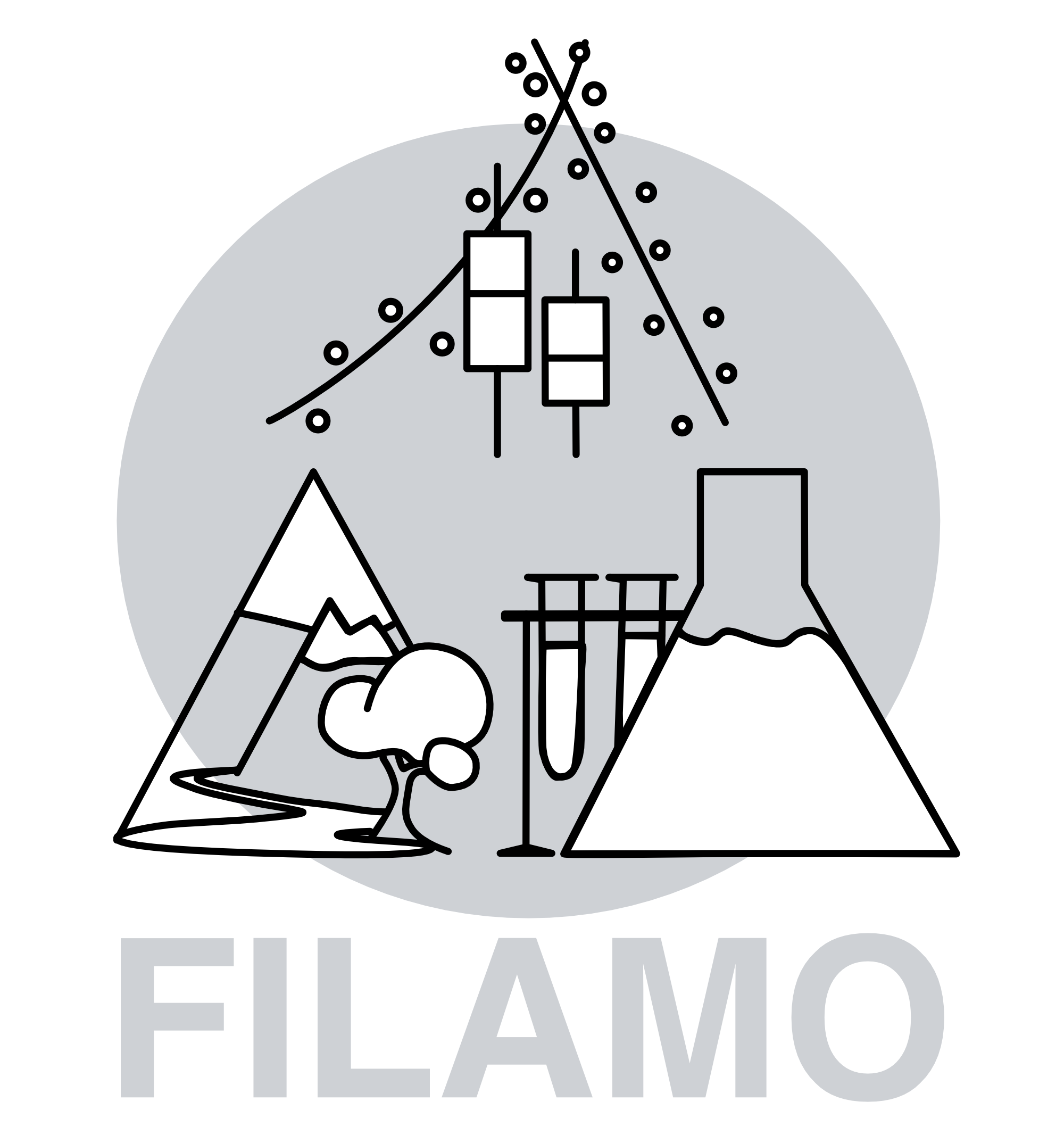The first FILAMO workshop on “Obstacles in communication between field-, lab- and modelling work” was held on the 18. and 19. August 2017 at the Radisson Blu Royal Hotel in Bergen, Norway.
30 professors, researchers and PhD students working in 10 countries (Canada, Denmark, Germany, Hungary, Japan, Norway, South Africa, Spain, UK, USA) participated.
The workshop program can be found here.

——————————————————————————————————————————————-
Numerical modeling and simulations have developed into an important research field. The reliability of modelling results and their predictive capacity relies heavily on input parameters which often are informed by field work and laboratory experiments. In turn, models can pose interesting scientific questions and can serve as precursors for field work and laboratory studies. As such models are a valuable tools to develop precise and testable hypotheses, which can be confronted with observations from the field and lab. However, communication among field work, laboratory experiments and numerical modelling is often poor!
A better integration of field work and laboratory experiments with numerical modelling can improve the flow and access of information (in both directions) and help to reduce the misinterpretation and misuse of information, which will be growing importance for the next generation of researchers within the multi-disciplinary field of marine sciences.
Working towards the goal the international workshop will bring together researchers working in field work, laboratory experiments and numerical modelling to identify and discuss common obstacles in communication between the three methodological fields.
The workshop will start on Friday (18th) morning and finish on Saturday (19th) afternoon.
Keynote Speakers:
Tom Andersen (Oslo University, Norway) – How can we cultivate computational literacy in undergraduate biology education? – experiences from developing new bachelor program in biosciences.
Kevin Flynn & Aditee Mitra (Swansea University, UK) – Castles built on Shifting Sands – is the link between reality and plankton models even more precarious now, and what are we to do about it?
Jan Heuschele (Oslo University, Norway) – We need to talk! Improving the communication between modelers and experimentalists – insights from a questionnaire, bibliometric analyses and a background check of the “top” ecologists.
Andrew Irwin (Mount Allison University, Canada) – Statistical models of phytoplankton traits and the challenges of interpreting field data
Thomas Kiørboe (DTU Aqua, Denmark) – Bridging experiments, theory, and models: Lessons from physics.
Susanne Menden-Deuer (University of Rhode Island, USA) – Lab, life and the pursuit of modeling: an optimists view.
Ana Queiros (Plymouth Marine Laboratory, UK) – Placing ecology in macroscale models without getting lost in translation: an ecologist’s point of view
Accomodation & Venue
The workshop will take place at the Radisson Blu Royal Hotel in Bergen, Norway and accommodation is available for three nights (the 17th, 18th and 19th).
Registration
To sign up for the workshop please fill in the Online form. The workshop fee is 1500 NOK and includes accommodation, breakfast, lunch, snacks and a ‘workshop dinner’. A limited number of grants for student and PostDocs are available. Please note, that filling in the online form does not automatically guarantee participation, as the number of particpants is limited.

